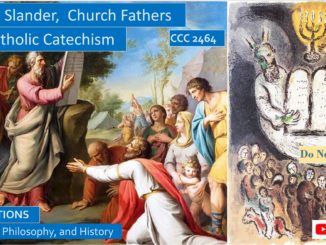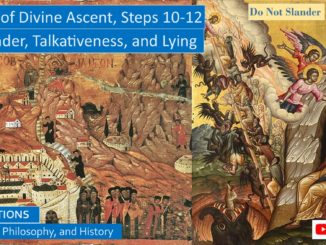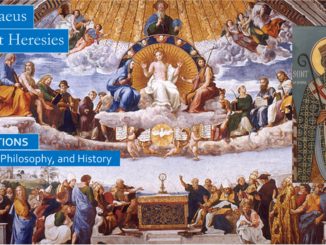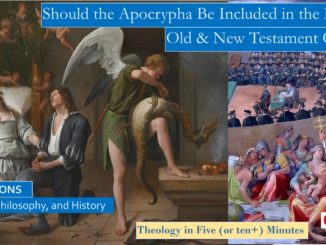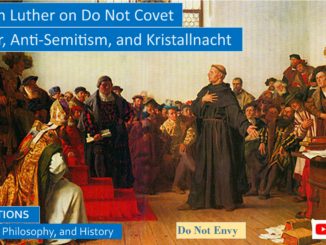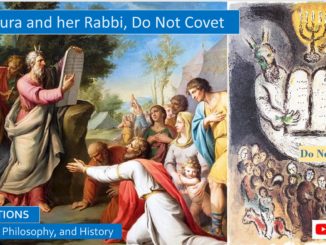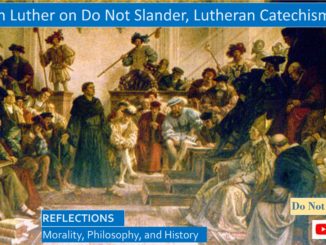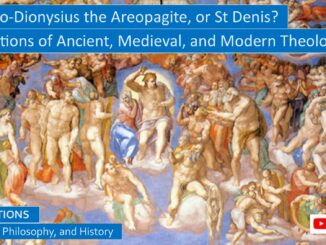
Pseudo-Dionysius the Areopagite, Influence of Neo-Platonism on Mystical Christianity
Dionysius, known to St John of the Cross and St Thomas Aquinas as St Denis, and to modern scholars as pseudo-Dionysius the Areopagite, although deprecated by many modern scholars, was one of the most profoundly influential theologians of both the ancient and medieval churches. […]

